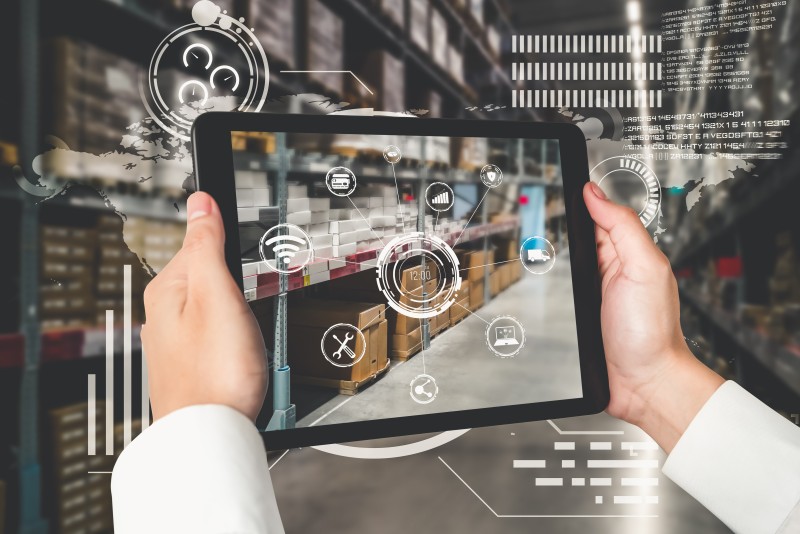
The supply chain and logistics industry faced significant challenges over the last 18 months as demand was highly accelerated; businesses had to become super reactive and execute projects which would usually take months of planning. It was make-or-break for some, due to lack of supply, resource and custom.
When lockdown was announced back in March 2020, it forced businesses, that were not already, to go digital, advance plans for digitalisation and focus on e-commerce. Tracking consumer trends during the pandemic became near impossible as no historical data could compare. The only realistic way of creating and managing business was now heavily relied on online; because of this and the surge of internet shopping, there was a delay on postage across the country. The supply chain and logistics industry had to adapt the way they work and think outside of the box to overcome these challenges.

According to a recent article from logisticsmanager.com, Clipper Logistics, one of Infinite’s clients ‘reached out to the entire Clipper customer base, many of which were suffering due to the enforced restrictions that literally turned their businesses upside-down overnight.’ Clipper asked their customers; “how can we help?” This involved developing new strategies overnight and working with customers they’d never usually work with.
We spoke with Dan Haywood, Co-Founder and Director at Infinite on his experience with working throughout the pandemic, he said “the habits of people have changed over the last 18 months and these habits aren’t going to go away. We saw some clients succeed and go through the roof during the pandemic and others, not so much. The demand was there, it just depended on how your business kept up with the shift in the market.”
“From a logistical point of view, the distribution process changed from delivering to stores to various homes around the UK, which became one of the problems that retailers and warehouses faced during the pandemic.”
Next day delivery and even same day delivery are all services which the modern consumer expects, and the supply chain and logistics industry is having to keep up with the pressure. Supply chain and logistics did not stop during lockdown and if anything, the industry now has many job opportunities since Covid-19, as businesses are future-proofing and aligning with consumer expectations, even pushing older generations to step out of their comfort zone by buying online.
According to EY Americas Supply Chain Transformation and Global Supply Chain RPA leader, Sean Harapko, we’re now in a phase post-pandemic where ‘the future of supply chains is digital and autonomous.’